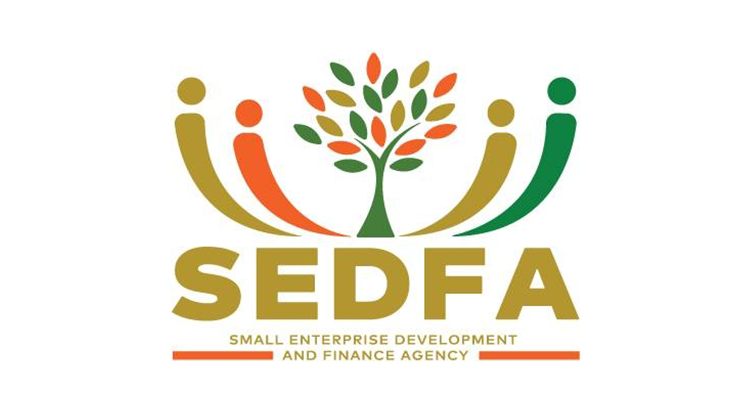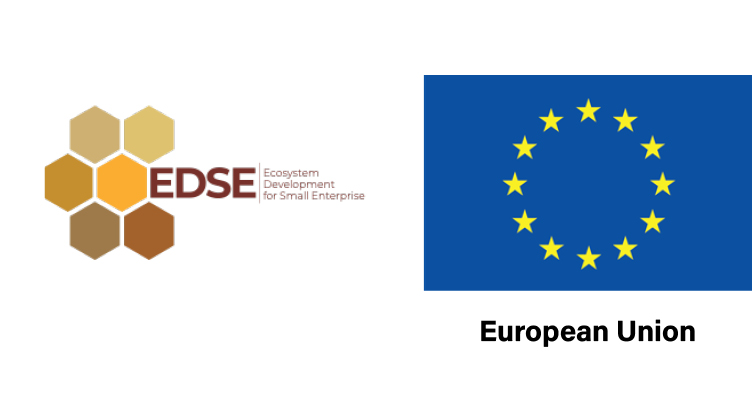Remarks by Minister Lindiwe Zulu on the occasion of the Youth Entrepreneurs Pitching Competition at SmartExchange ICT Incubator, Durban, 13 February 2017
Programme Director,
SEDA leadership,
CEO of Smartxchange; Mr Jonathan Naidoo,
All entrepreneurs present this morning,
Distinguished guests.
Ladies and gentlemen
I am truly honoured and delighted to be part of this exciting programme. Today is a day of inspiration. I am inspired by the innovative ideas that are emerging from our young people this morning. This inspires me. All of us, as partners, we must make a solemn pledge that we will do everything in our collective power to ensure that none of these great ideas fall within the cracks. For these are the future wealth-creators of our nation.
All pitchers deserve a round of applause and standing ovation from all of us! Today, there are no winners or losers. Innovation is the winner!! Let me first express our appreciation to SmartXchange for hosting us.
SmartXchange is a Seda-supported incubator focussing on developing innovative small businesses in the Media, Information Communication Technology and Electronics sector.
As you are all aware, Seda is hosting a series of regional pitching competitions through its national network of business incubators to select winners for pitching at the Global Entrepreneurship Congress (GEC). The incubators have been internally running pitching workshops to prepare and select their most promising entrepreneurs.
It is clear that our young entrepreneurs are determined to make a name for themselves at GEC. We must not lose sight of the fact that GEC 2017 will be the very first time such a Congress is held on the African continent.
This will provide South Africa, as hosts, and the continent an opportunity to showcase its talent, innovation and the structure of the African entrepreneurial eco-system.
This Congress will also provide an opportunity for local and international entrepreneurs to exchange ideas, and advance opportunities for market access. Through this Congress, South Africa has an opportunity to position itself as a leader within the global entrepreneurship space, contributing to the development of start-ups and innovative high impact entrepreneurs who will contribute to job creation and socio-economic development.
For entrepreneurs, innovation must mean capacity to translate an idea into a commercial enterprise. We stand here collectively committed to the development of a culture of entrepreneurship and the emergence of sustainable small and medium enterprises.
Both developed and under-developed countries regard SMMEs as an engine to economic development due to their ability to contribute to economic wealth and employment creation. South Africa is no exception.
On the African continent, SMMEs are viewed by governments as a solution to poverty alleviation. Finscope survey ( FinMark Trust 2006) indicates that 90% of jobs created between 1998 and 2005 were in SMMEs.
Having said that, it is also important to mention that SMMEs are faced with greater challenges such as responding to globalisation, especially global competitiveness coupled with challenges relating to the acquisition and exploitation of appropriate technology and inadequate business skills.
Given their sheer numbers and propensity to fail, it is critical to have interventions that seek to ensure that SMMEs are self-sustaining. These challenges then necessitate the department of small business development to continuously develop instruments and mechanism that ensures that South Africa develops and support a thriving and sustainable SMME sector.
Incubators globally are seen by governments as both a powerful tool for supporting SMME growth and a variety of socio economic needs such as job creation, technology transfer, reviving economic activities of at local and regional level, poverty alleviation and economic integration of previously disadvantage groups.
Well thought and designed incubation centres serve as a tool for revitalizing regions with weakening economic activities and also provide a conducive environment for the birth of the next generation of SMMEs. NDP calls for an effective innovation system with strong alignment to the growth sectors of the economy. ICT is one of the identified priority growth sectors of the economy. There is a strong emphasis on addressing the innovation chasm, ensuring that South Africa derives value from its research and development investment.
Incubators like Smartxchange serve as platform to enable commercialization of technologies. Smartxchange is the recipient of the Seed funding of the Technology Innovation Agency (TIA) and utilizes this fund to capacitate entrepreneurs during the technology development phase.
The ICT sector, along with other key sectors, has been prioritised for specialised consideration in various government strategies, with the intention of stimulating the growth and development of cutting edge industries. There is policy consensus within government that progress towards a knowledge-based economy will be driven by four elements, namely:
- Human Capital Development,
- Knowledge generation and opportunity exploitation through research and development,
- Knowledge infrastructure, and
- Enablers to address the “innovation chasm” between research results and socio-economic outcomes.
In order to stimulate these knowledge-based economy drivers in high technology sectors, such as the ICT sector, my department, through the Seda Technology Programme (STP) supports the development of high technology based SMMEs.
Lastly, let me once again congratulate all enterpreneurs who made presentations today! I believe the ideas we heard this morning should never go to waste. We have a responsibility to support our young people.
All they are asking for is an opportunity to test your ideas. We dare not fail them. Let us meet at the Global Entrepreneurship Congress in four weeks’ time!!
I thank you




